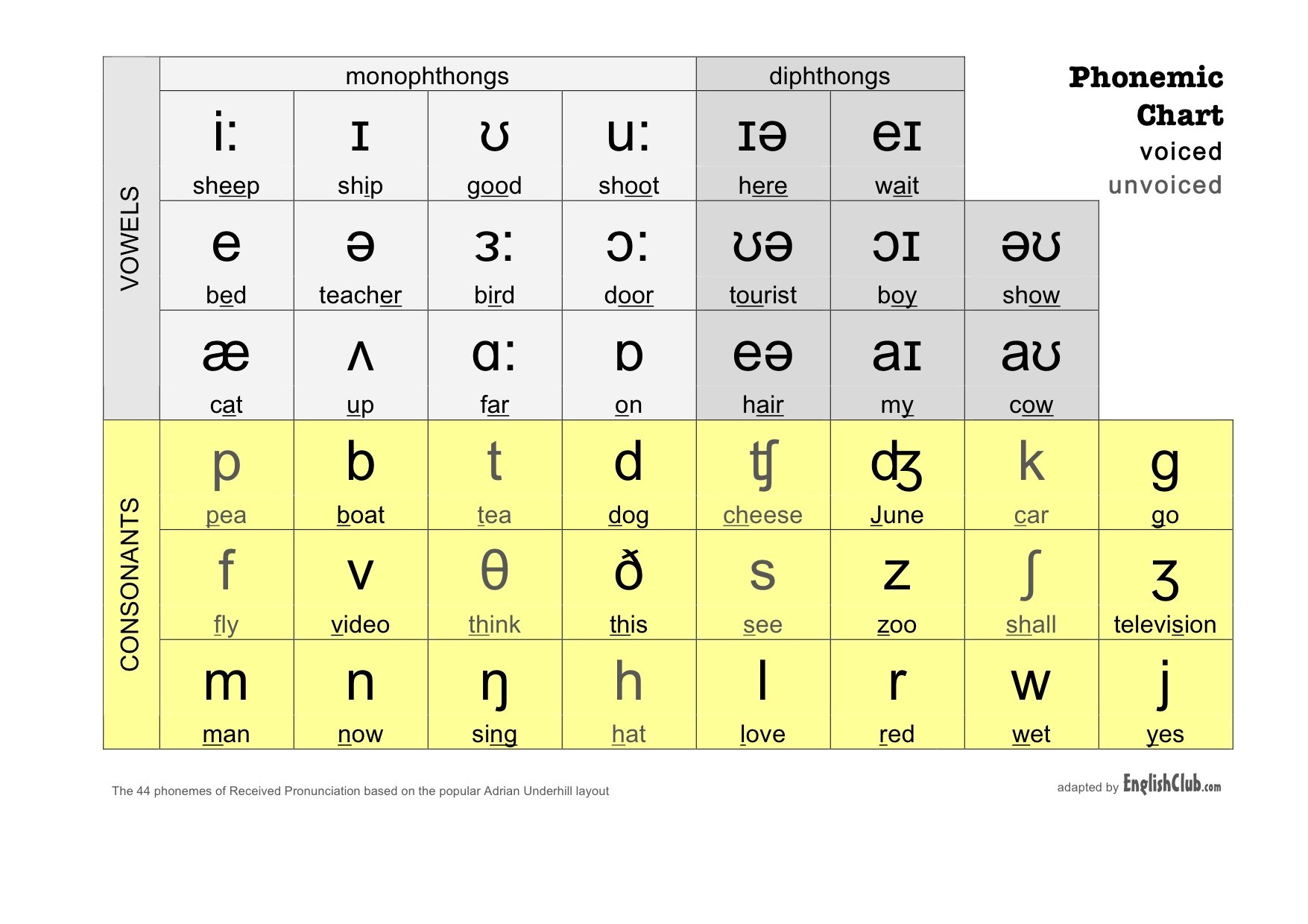
1. Fax machines are heading to the tech graveyard in the U.K., after the British parliament removed an obligation on phone networks to support the technology. Fax machines rose to prominence in the late 1980s, providing a pre-internet way to send documents.
2. For a certain generation, that horrible beeping noise followed by reams of paper flopping out of the fax machine will never be forgotten. However, as with many technologies, online services and email have massively diminished the use of fax machines.
3. But, until recently, two of the U.K.’s telephony providers were duty bound to support fax on their networks under what’s known as the Universal Service Obligation (USO). Not anymore. Parliament recently voted to remove facsimile services from the USO and now telecoms regulator Ofcom has amended its rules, sounding the final post for the lingering fax machines in U.K. offices.

Do you use fax machines at work? Which businesses still often use fax machines? What are the pros and cons?
The big switch off
4. As Ofcom explains in its statement, the change in the rules won’t mean fax machines suddenly grind to a halt. “This change does not mean that fax services will stop working immediately, but instead there will no longer be an obligation on BT and KCOM to provide fax under our rules – it will ensure that our rules reflect the requirements in the universal service legislation and are not unduly burdensome,” the regulator said.
5. However, even if BT and KCOM do give fax machines a reprieve on their networks, it won’t last long. BT is currently in the process of switching off its public switched telephone network (PSTN) that fax relies on, as it’s migrating to an all-IP network. That migration is due to be completed in 2025.
The fax holdouts
6. An Ofcom consultation on removing fax from the USO found that there were still a small number of people relying on fax machines in the U.K. Unnamed respondents to the Ofcom consultation stated that “they considered fax to be more secure than other alternatives, particularly if sharing bank details, and also that fax could be needed as a back-up in the event of internet/computer failures”.

Are there any retro technologies that you like to use in your daily life instead of modern technologies?
7. Another argued that “the technology to forward a signed, dated and witnessed document was not generally available to the public yet”. Business groups also objected to the proposal, with one unnamed trade body claiming “that its industry code specified fax as an approved mechanism for communications between interested parties in the industry and that, until such time as the code was amended, the industry must continue to operate under this obligation”.
Fax alternatives
8. The regulator wasn’t persuaded by those arguing that fax was irreplaceable, however. “Whilst we note the concerns raised by respondents, we (and DCMS [the U.K. government’s Department of Culture Media and Sport]) are not aware of any specific need for fax to be used which would not easily be met by one of the available alternatives, including for those users who may have disabilities, such as textphones for deaf and speech-impaired citizens, and which would lead us to delay implementation of the change to the Order,” Ofcom stated.

Many new technologies are being introduced everyday and some are becoming obsolete. How can you keep up to date on new technologies?
Is technological development always good in your opinion?
Phonetic Chart




